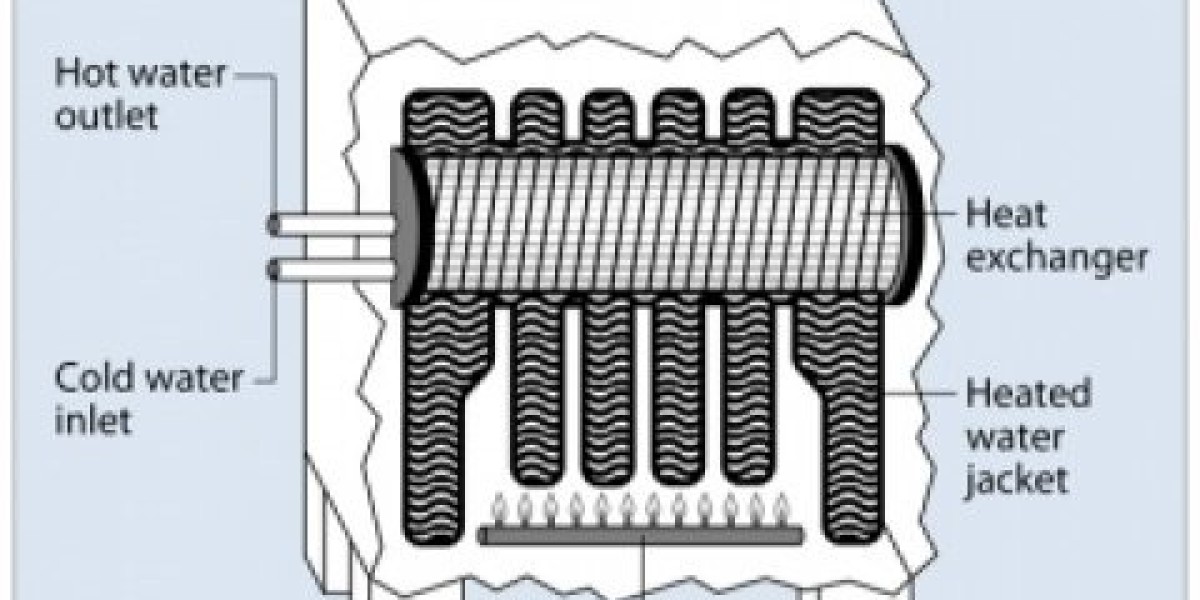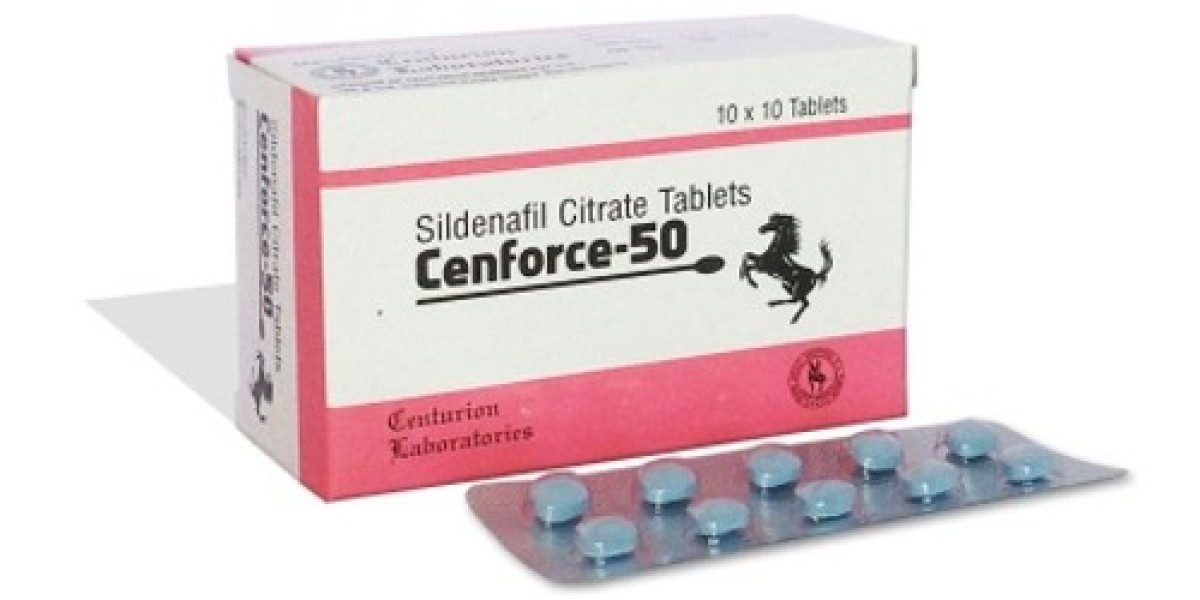Introduction: Revolutionizing Water Heating
In the realm of water heating, innovation has continually pushed the boundaries of efficiency and sustainability. Among the latest advancements, tankless copper coil systems stand out as a beacon of modern technology. These systems offer a revolutionary approach to water heating, promising unparalleled efficiency and convenience for homeowners.
Let's delve into why tankless copper coil systems are emerging as the smart choice for those seeking optimal performance and environmental responsibility.
Understanding Tankless Copper Coil Technology
At the heart of tankless copper coil systems lies a simple yet ingenious concept: heat water directly as it flows through a copper coil. Unlike traditional water heaters, which store and continuously heat water in a tank, tankless systems heat water on demand.
This means there's no need to keep a large volume of water hot at all times, leading to significant energy savings and reduced standby heat loss.
Unmatched Efficiency
One of the primary reasons why tankless copper coil systems are gaining popularity is their exceptional efficiency. By eliminating the standby heat loss associated with traditional tank heaters, these systems can reduce energy consumption by up to 30%, according to the U.S.
Department of Energy. This translates to lower utility bills and a reduced carbon footprint, making tankless copper coil systems an environmentally responsible choice.
Instant Hot Water
Another compelling advantage of tankless copper coil systems is their ability to provide instant hot water whenever needed. Traditional water heaters often struggle to keep up with high demand periods, leading to cold showers and frustration.
In contrast, tankless systems heat water on demand, ensuring a steady supply of hot water for showers, baths, laundry, and other household tasks, regardless of usage patterns.
Space-Saving Design
Tankless copper coil systems boast a compact and space-saving design compared to their tank-based counterparts. Without the need for a bulky storage tank, these systems can be installed in tight spaces such as utility closets, under sinks, or even outdoors, freeing up valuable floor space in homes.
This versatility makes tankless copper coil systems ideal for both new construction projects and retrofitting existing homes.
Durability and Longevity
Copper, renowned for its durability and corrosion resistance, is the material of choice for the coils in tankless systems. Unlike traditional water heater tanks that are susceptible to rust and corrosion over time, copper coils ensure long-term performance and reliability.
Additionally, many manufacturers offer extended warranties on their tankless copper coil systems, providing homeowners with peace of mind and protection against potential issues.
Low Maintenance Requirements
Maintaining a tankless copper coil system is relatively straightforward compared to traditional water heaters. With fewer components prone to wear and tear, these systems require minimal maintenance beyond periodic flushing to remove mineral buildup.
This simplicity not only saves homeowners time and hassle but also reduces the likelihood of costly repairs down the line.
Conclusion: Embracing the Future of Water Heating
As homeowners increasingly seek energy-efficient and sustainable solutions for their homes, tankless copper coil systems have emerged as a clear frontrunner in the water heating industry.
With their unparalleled efficiency, instant hot water capabilities, space-saving design, durability, and low maintenance requirements, these systems offer a compelling alternative to traditional tank heaters.
Whether you're building a new home or upgrading your existing water heating system, consider making the smart choice by embracing the efficiency redefined by tankless copper coil technology.








